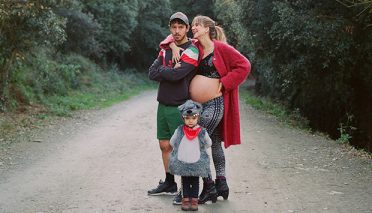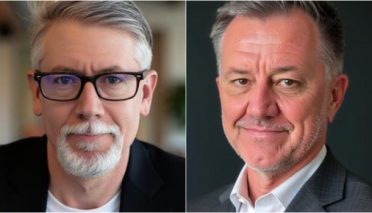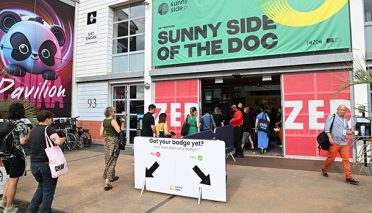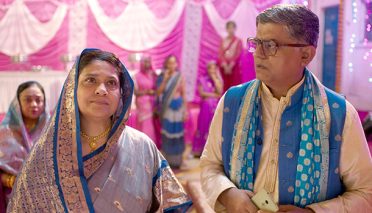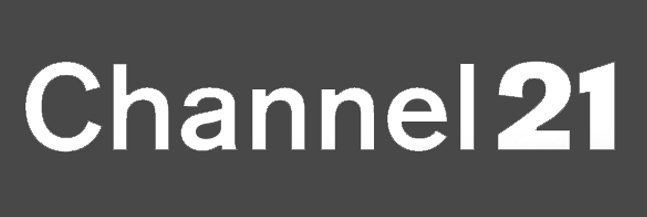 Fresh from completing a management buy-out of CEE producer Paprika Studios from Viaplay, CEO Ákos Erdős is eyeing a wider footprint for the company amid challenging times in the business.
Fresh from completing a management buy-out of CEE producer Paprika Studios from Viaplay, CEO Ákos Erdős is eyeing a wider footprint for the company amid challenging times in the business.
While much of the content business approached the onset of 2024 in a state of some mild terror, with ‘survive to 25’ very much an industry mantra, well-established Hungary-headquartered Paprika Studios was taking a positive step forward to securing and growing its own business.
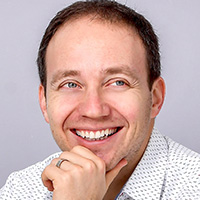
Ákos Erdős
The current management team, led by CEO Ákos Erdős, successfully closed a management buyout of the Budapest-based firm from stricken Scandi streaming parent Viaplay and will now plan further cooperation with international streaming providers in addition to its TV collaborations.
Paprika Studios became part of the Modern Times Group in 2012, which in turn became Viaplay Group. However, during a troubled 2023 Viaplay announced it was offloading Paprika as it aimed to raise SEK4bn (US$380m) in new equity, write down SEK2bn in debt and renegotiate the terms of a debt totalling SEK14.6bn.
“Compared to some of these deals, which can become complicated and a lengthy process, this one ran quite smoothly,” Erdős tells C21.
“We’ve been part of the Viaplay Group since 2013, which is when I joined the company. Back then it was MTG but we’ve been working under their umbrella since then. It was rather an arm’s length relationship owing to the geographical distance and, also, the differences between the markets in Scandinavia and CEE.
“Last summer, when it became clear Viaplay was changing its strategy we initiated a conversation with the new management there about whether Paprika fit into that or not. This conversation led to the process that has resulted in a management buy-out.
Erdős continues: “Being a listed company on the stock market, they’ve had to do proper due diligence on the market and ensure they deliver best value for their shareholders by doing the deal this way. But it was a straightforward and clear process from beginning to end because we’re the management and we know the company whereas what often complicates these processes is the buyer has to get familiar with the company and the risks associated with it. This time it was simple – I’ve been running the company for 10 years already and the management team has remained fairly constant in that time with few changes. We knew what we were looking at, so it was clean and clear.”

Paprika produces the Hungarian versions of Dancing With the Stars for TV2
So far, so simple. But CEE is certainly not immune to the economic pressures and rabid inflation gripping the industry across the Western world – hardly an ideal time to be trying to raise finance to buy out your own production company and get it independent again.
“Getting the proper financing behind it is always the biggest catch in these deals,” Erdős admits. “We had a very narrow window to find the financing because although the management is invested in the company with a financial commitment the size of the company means that wouldn’t be enough to buy it outright.
“We navigated a tight financing window by leveraging the expertise of my predecessor, András Szabó, who boasts extensive experience in M&A processes and deals across various companies. We managed to do it within the timeframe. It’s not the right climate for this kind of deal but the company, being on a profitable track for the last decade, is in a growth phase. We’ve tripled our revenues in five years, and having a geographical footprint that helps it withstand market fluctuations, made the company an attractive investment for financers.
“I can’t disclose figures. Price tags when you’re selling always look too small and when you’re buying it’s too much. It’s exactly the case in our situation.”
Following the buy-out, Paprika has already initiated negotiations to open new branches in addition to its eight-country operating footprint. The company’s content is already available across CEE on Netflix, HBO Max, Romanian Pro TV, Pop TV in Slovenia, TV Nova and Voyo in the Czech Republic, public broadcaster LRT in Lithuania, TV Markiza in Slovakia, Hungarian RTL and TV2 Group and AXN, among others.
Among its big imported formats, Paprika produces the Hungarian versions of UK format Dancing With the Stars for TV2, where the fourth season aired last fall, and Dutch hit format The Traitors for RTL. Celebrities took part in the first season of the latter reality show last year, but the next season will feature members of the public.
“We’ve been on a successful track already and we’ve had success in recent years and growing revenues,” Erdős says. “We have more than 20 broadcasting partners we’re working with, and we also work with big streamers and SVoDs, finding the right homes for the many varied types of content we produce.
“The strategy doesn’t need much change now we’re independent. However, becoming independent will bring new opportunities that we want to monetise and build on. Independence does also bring additional challenges but I’m quite confident that we’re prepared.
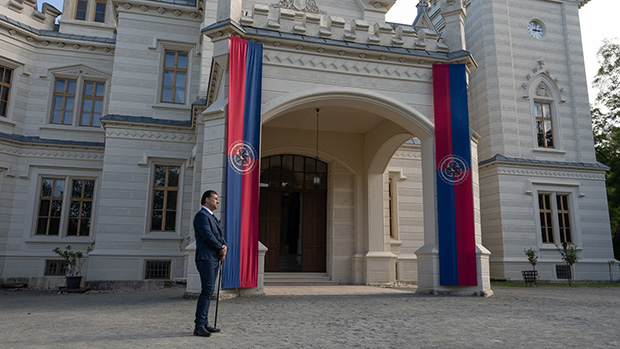
Dutch hit format The Traitors is produced by Paprika for RTL
Erdős describes wanting to “deepen relationships with international streaming partners who perhaps had looked at us previously being owned by a rival streamer and had questions about working with us.
“It could give us a chance to put more into developing our own IP, deepening relationships and collaborations with international streamers, and to build further on our existing broadcasting partnerships. We’ve been investing a lot in shortform content in recent years, and we want to grow that. It has potential on both the branded and programming side. We’re active in fiction, non-fiction, reality, entertainment, docs and reality so we’re well covered across the genres.”
Now they’ve got the keys back from the landlord, though, how will that aforementioned economic strife affect any plans for expansion? International streamers have their own problems and are cutting back on originals in regions exactly like CEE, how does that tally with Paprika’s ambition to expand by doing more work with them?
“Our main clients are linear broadcasters and of course the declining economy is hitting CEE as well,” says Erdős. “That brings challenges to them which become challenges for us. It effects the way of storytelling and the budgets we need to adapt to. I’m an optimistic person so I always see in every challenge an opportunity. In this one, CEE is a great place for cost effective production. We’ve done a lot of Scandi, Norwegian, Finnish and UK productions in our companies. Sensitivity to budgets is increasing so that brings enormous potential on that side of our business.
“The international streamers have needed content so far, and they’ll need content going forwards, even if it’s not in such great quantity. It just means we have to fulfil our vision of being the first choice for commissioners, for talent and for viewers. We want to deliver the content no matter what they need. Our Polish division, under the leadership of Kristoffer Rus, recently developed and produced a Polish series called The Murderesses which is a crime thriller inspired by true events. Originally created for Viaplay it gained significant traction on Netflix, securing the number one spot on the Polish chart for an extended period.
“We’ve also absolutely seen an emergence in local streaming markets – we’ve been producing Love Island for Voyo in Czech and Slovakia. We’ve also produced scripted series that have aired online and via Voyo. We produced for Voyo in Slovenia. For RTL+ we’re working on series and reality that is SVoD first, such as Paradise Hotel.”
Thinking more positively about the opportunities in the region, Erdős says: “We’re currently going through a phase where the industry is working out what it can expect of the local streamers that are growing up, and what it can still expect from traditional linear. This will impact on the way of storytelling; we’ll need to learn how to be successful and earn the viewers’ attention on these new platforms. The challenge for the coming year or two as a content producer is to help those new players differentiate, or find things in common, which help you tell a story that engages the viewer in front of the TV screen and other platforms.
“We’ve already mentioned the declining economies that will affect ad spend and result in declining budgets but being optimistic I think there is an opportunity in every change and our job is to find the right storytelling method for linear, SVoD and digital, and maybe find common ground that works for both to some extent.”
As difficult as it is to form a ‘three-year plan’ for your business when plans are getting torn up and re-written every three weeks, Erdős has come back from successfully pitching to lenders and financers with a pretty clear vision of where he wants to take his company.
“As long as we were part of a big media conglomerate we always had to have a three-year plan but I considered it an Excel exercise – in Excel any number can just be typed in,” he says. “If you look back three years you don’t have enough fingers to count all the major things that have happened that you would never imagine happening in your lifetime. In these times saying how things will be in three years is storytelling. I have much better creative talents than me in this company who should come in here and answer that for me.
“I think shortform is a big growth area in CEE. I want to continue building our geographical footprint. We’re exploring opportunities to grow the footprint beyond the eight countries we’re already in. I’d like to be in nine or 10. We’re active in the biggest, strongest markets in the region – Poland, Romania – but we want to strengthen our presence there.
“And we want to be an international well-recognised content house in CEE. For us the footprint is important because it’s the way we’re ahead of the game in content creation – mixing creative talents from different cultures into one company covering the region. The social topics and issues they’re discussing in the different countries are similar, but how they’re discussing it is very different.
“When you combine these you can really find exciting things. We have a series The Teacher which was successful here in Hungary for three seasons. It discusses social dilemmas and parenting issues in an entertaining way. With the leadership and showrunning of Bence Trunkó, chief creative officer of Paprika Studios, we’ve adapted that in Slovakia where it has four seasons and Czech Republic and Slovenia. It was amazing to watch the different versions tell the same story in a different way which gives you an interesting cultural experience watching each episode next to the other. Our strength is the ability to find these differences and tell the same story adapted to those different cultures.”






